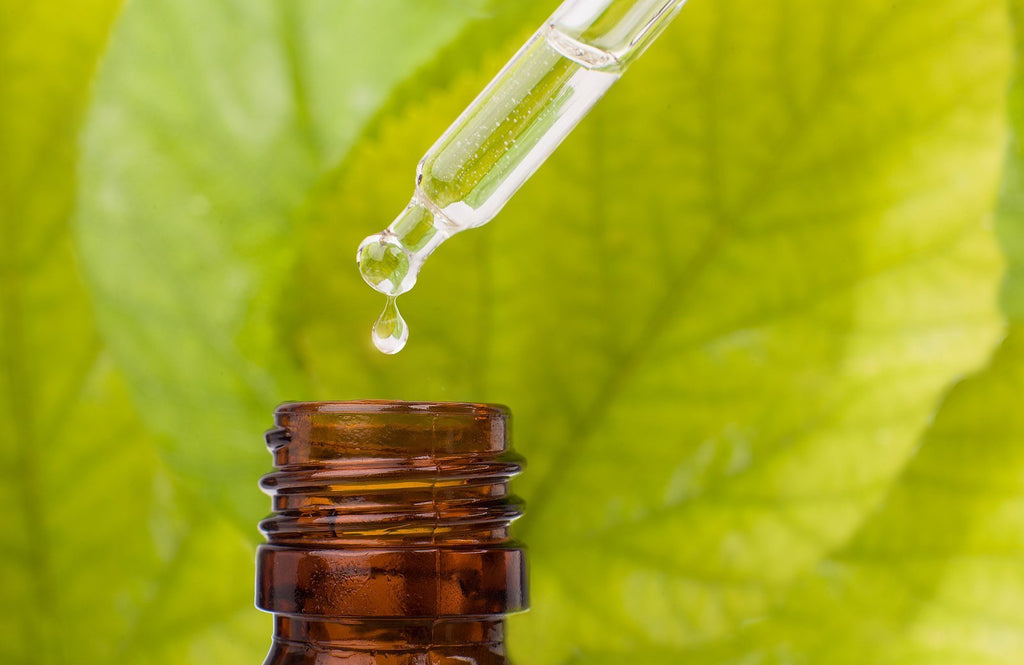Himalayan Sea Salt vs Table Salt: Worth The Switch?
Salt. It’s a controversial topic. Over the years, dietary salt has been demonized for increasing blood pressure and creating other health hazards in the same way that eggs were given a false reputation for increasing cholesterol.
The simple fact is… your body needs salt. I’ll tell you why and what kind of salt you should use.
Salt Is Not Always Just Salt
Not all salt is the same. The misunderstanding stems from the fact that there is more than one kind. There are two main types of salt: refined and unrefined.
Refined Salt
Usually referred to as table salt, this is the stuff that most people use and is what’s added to processed foods. This salt is mined from underground deposits and stripped of any beneficial minerals. What remains is sodium chloride, which is then processed with bleach and additives like iodine, MSG, and sugar that make it look uniform and prevent it from clumping together.
Table salt is over 97% sodium chloride. The other 3% is man-made chemicals. The problem is that it’s lost all the good minerals, not to mention that the processing alters its chemical structure.
Worse still, table salt is known to sometimes have contaminants in it. A pretty alarming study showed that 36 out of 39 brands of table salt investigated contained a microplastic. There’s no way you want to consume small bits of plastic.
Unrefined Salt – i.e. Natural Salt
Take a natural salt like Himalayan pink salt as an example. There’s quite a contrast. It contains 84% sodium chloride and 16% naturally occurring trace minerals. Your body needs sodium and chloride – they’re essential for life. The other minerals in natural salt are a nutritional goldmine, so you definitely should include natural salt in your diet.
Salt vs Blood Pressure
You don’t have to worry about natural salt raising your blood pressure or causing heart disease when you consume it in normal, moderate amounts. Those concerns are a misunderstanding of salt and of the significance of the ratio between sodium and potassium – that’s a huge factor when it comes to cardiovascular health. Most people don’t get enough potassium.
Use Natural Salt Only
You need the minerals in natural salt because they help to sustain life and health. Natural salt generally comes from evaporated seawater and involves no processing. That’s why it’s called sea salt. It’s incredibly rich in both essential and non-essential minerals.
At this point, most people are ready to give up table salt, especially after the mention of microplastics. But sometimes they’re still a bit hesitant to start adding natural salt to their diets. So let’s look at the specific health benefits of natural sea salt. (For this discussion, “natural salt” and “sea salt” are interchangeable terms.)
Important Minerals In Sea Salt
In order to function properly, your body requires essential minerals. There are two main categories of essential minerals: macrominerals and trace minerals.
Macrominerals
- Sodium and chloride are essential macrominerals. Your body needs them to function and absorb nutrients. Sodium plays a big role in how your muscles work. It helps to regulate your blood volume and your blood pressure. Chloride assists with nerve and muscle function, while teaming up with potassium to influence the pH level of your body. Your body must maintain its pH in a certain range in order to function properly.
- Another mineral in sea salt is magnesium, which is needed for many chemical reactions in your body, including producing energy and synthesizing DNA and RNA.
- Calcium and phosphorus are two more essential macrominerals in natural sea salt. They’re needed for healthy bones and teeth. Calcium is also critical for nerve and heart function.
Trace minerals
By definition, trace minerals are needed in very small amounts. They work with other minerals to optimize your body function.
- Zinc and iron are found in sea salt. Your body uses them to make enzymes for metabolism.
- Other trace minerals that sea salt provides are copper, chromium, manganese, silicon, boron, and bromine.
- Sulfur is another nutrient commonly found in sea salt. Although it’s not considered an essential mineral, it plays an important role in your immune system, your metabolism, and your heart health.
More Health Benefits of Sea Salt
Your body needs salt to regulate stomach acid for proper digestion. Without enough acid, you’ll have poor nutrient absorption and symptoms like heartburn, constipation, or stomach pain.
Sea salt is a great source of electrolytes like potassium, magnesium, and calcium. They work with sodium to regulate fluid balance in your body and cells to prevent dehydration. Electrolyte balance is crucial for muscles contracting, a healthy heart, and proper brain function.
My Favorite Sea Salt
The one I like best is pink Himalayan sea salt. It contains over 80 minerals and elements that your body needs.
The rich mineral composition of Himalayan sea salt helps your body use sodium properly, and the ratio of sodium to potassium influences your heart health. Consuming unrefined sea salt, instead of table salt, can actually support your cardiovascular function. Call me crazy for saying such a thing, but it’s true.
One More Thing…
Another factor to consider is that the majority of vegetables and fruits today are grown in nutrient depleted soil. That means your body likely won’t get all the minerals it needs from the plants grown in that soil. A great place to get many of those lost nutrients is sea salt.
So if you haven’t already, ditch the table salt and include sea salt in your diet. You need it.
"I switched to these after learning my usual "natural" brand sold to Nestle (NO THANK YOU). Although it was a pain to find a brand that was actually natural, I'm so glad I had to make the switch. The purity of these are a breath of fresh air and they make me feel great. I definitely recommend!"
Sarah Mann | ⭐️⭐️⭐️⭐️⭐️
Multivitamin Mineral
Sharing is Caring
Know Your Body - Know Your Health






